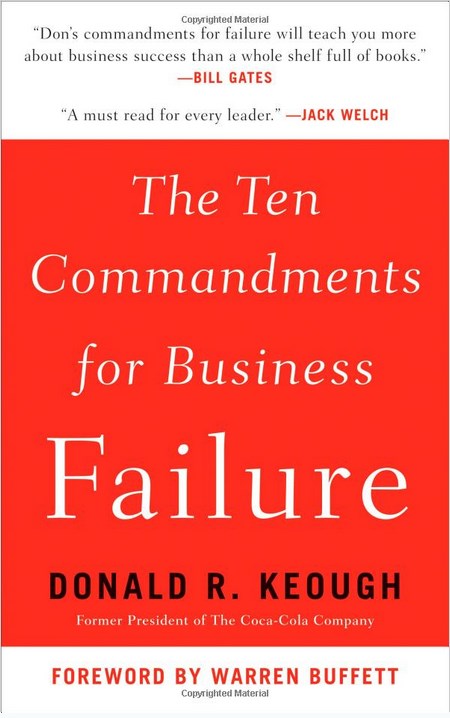


When your research ends up in “Doonesbury,” that’s saying something. In one of her nationally syndicated columns, Kathleen Parker called the book a “dense tome” while opining that the failure of higher education constituted a “dot-connecting exercise for Uncle Shoulda, who someday will say-in Chinese-'How could we have let this happen?’” Her response proved that Kathleen Parker has a gift for phrasing and did not actually read the book, whose main text runs to only 144 concise and well-argued pages.īut the definitive evidence of Academically Adrift‘s ascension to the very small group of social-science studies whose findings shape conventional wisdom came when President King, the world-weary cynic and longtime leader of Walden College, sipped a martini and reacted to the book’s documentation of declining student work by explaining, “That’s why they come! As long as we give them good grades and a degree, their parents are happy too! Who cares if they can’t reason?”

The New Yorker featured Academically Adrift in a typically brilliant essay by Louis Menand. And what do you get for all that money? Not learning.” Vanity Fair used space normally allotted to Kennedy hagiography to call it a “crushing exposé of the heretofore secret society known as ‘college.’” The gossip mavens at Gawker ran the book through their patented Internet cynicism machine and wrote that “To get a college degree, you must go into a soul-crushing amount of debt. It was no surprise that The Chronicle gave prominent coverage to the conclusion that “American higher education is characterized by limited or no learning for a large proportion of students,” but few people anticipated that the book would become the rare piece of serious academic scholarship that jumps the fence and roams free into the larger culture. The book, Academically Adrift, by Richard Arum and Josipa Roksa, fulfilled that promise-and then some.

In the last few months of 2010, rumors began circulating among higher-education policy geeks that the University of Chicago Press was about to publish a new book written by a pair of very smart sociologists who were trying to answer a question to which most people thought they already knew the answer: How much do students learn while they’re in college? Their findings, one heard, were.


 0 kommentar(er)
0 kommentar(er)
